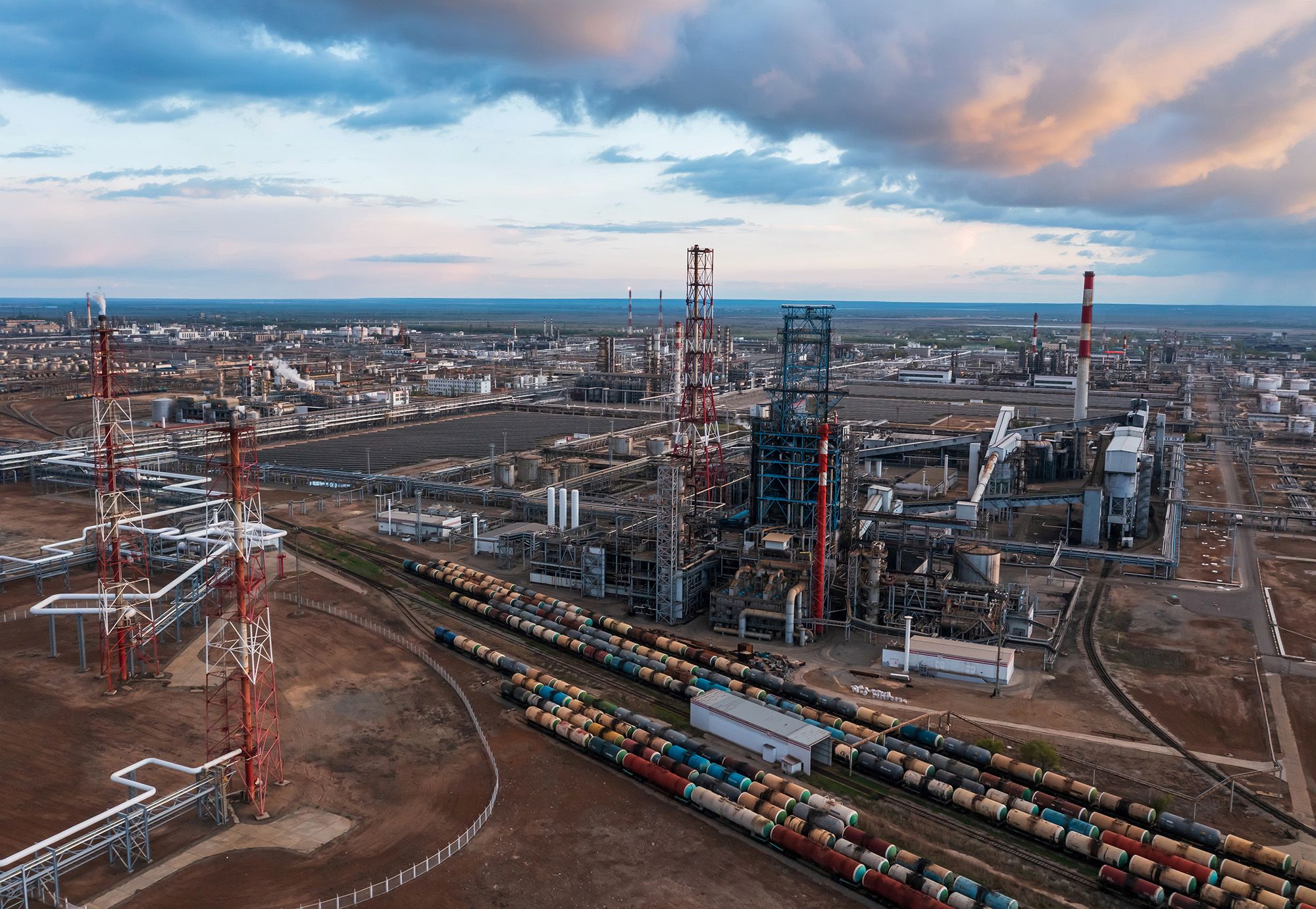According to a recent report by the BBC, Russian oil is reportedly making its way into the UK market in the form of refined fuels. This revelation is based on data provided by the Centre for Research on Energy and Clean Air, a climate NGO, as well as a Global Witness report released earlier this month.
The data indicates that Russian crude oil, which is exported to countries like India and China, undergoes refinement in these nations. Subsequently, the resulting fuels are then distributed globally, including to countries such as the UK, which have implemented bans on Russian energy imports.
This phenomenon was foreseen by some analysts in the oil market at the onset of the conflict in Ukraine, when punitive measures were first directed at Russia’s energy sector by Western powers. Despite the imposition of various sanctions on Russian oil and gas, it seems that Europe and the US have encountered a significant obstacle in the form of “rules of origin.”

Russian Oil Infiltrates UK Market Despite Imposed Ban (Credits: CNN)
Under these rules, once crude oil is refined into fuels, the country where the refinement occurred is considered the origin of the fuels rather than the country from which the crude originated. A spokesperson for the UK government echoed this sentiment in response to inquiries from the BBC after the release of the aforementioned data.
These rules of origin are not clandestine regulations; they are publicly known and have been cited by industry observers as the reason why Russian oil continues to flow into Europe, the UK, and even the US, where a recent loophole facilitated the arrival of a 10,000-barrel cargo of Russian crude via the Bahamas.
This state of affairs in international trade may have mitigated the risk of a significant fuel shortage in Europe, as Russia was previously its primary supplier of fuels. Finding a replacement for the volume sourced from Russia was expected to be challenging.
However, China and India have stepped in to fill the void, becoming the top buyers of Russian crude. They refine the crude domestically and then export the resulting fuels to Europe, disregarding the origin of the crude used in their production.























